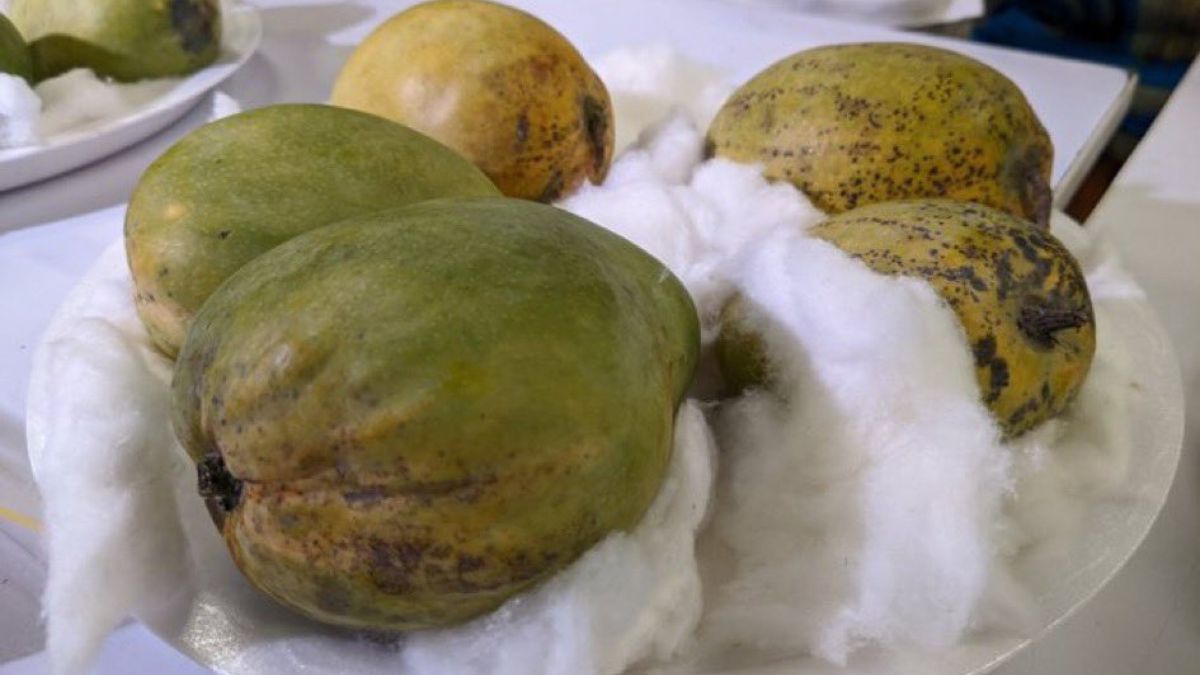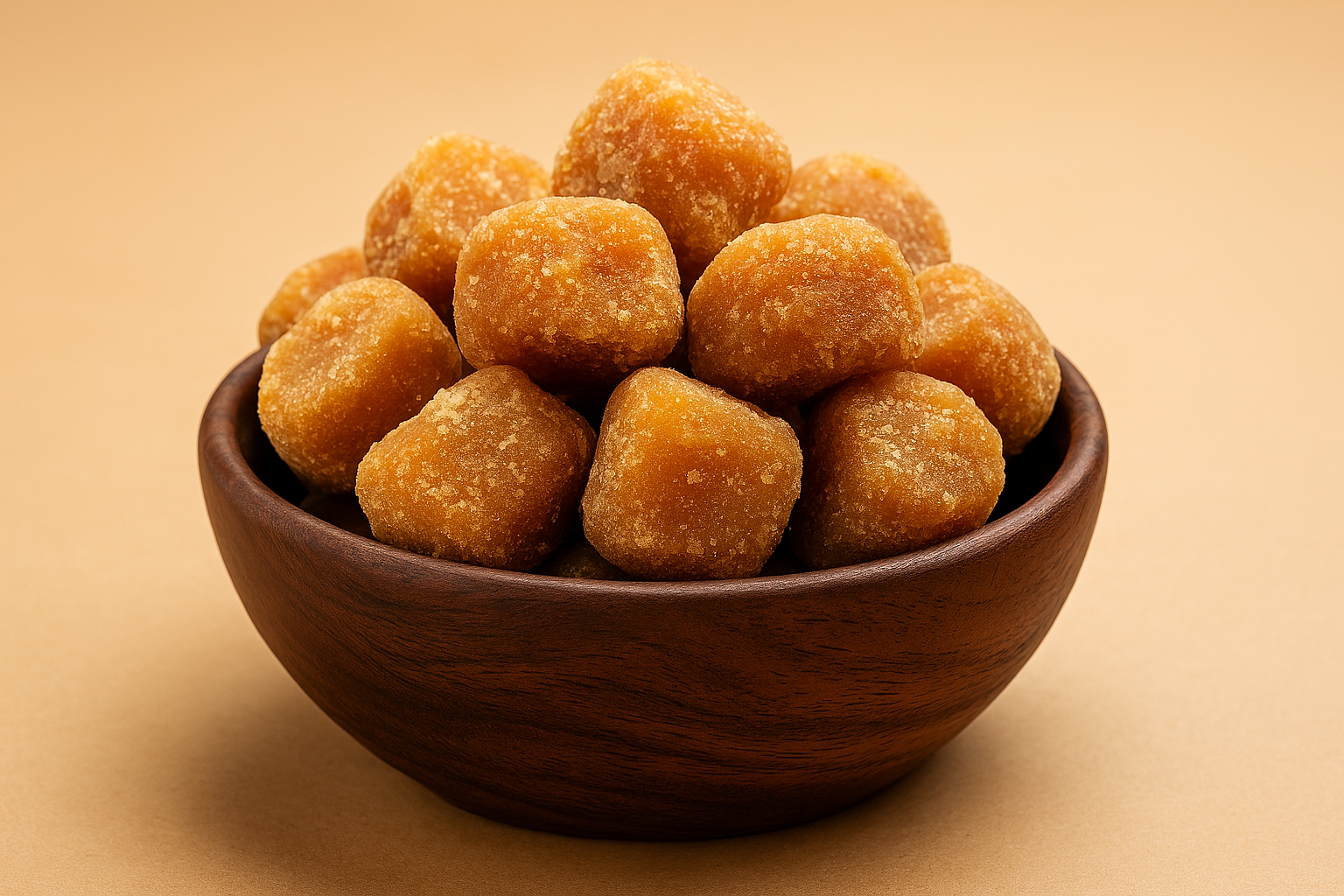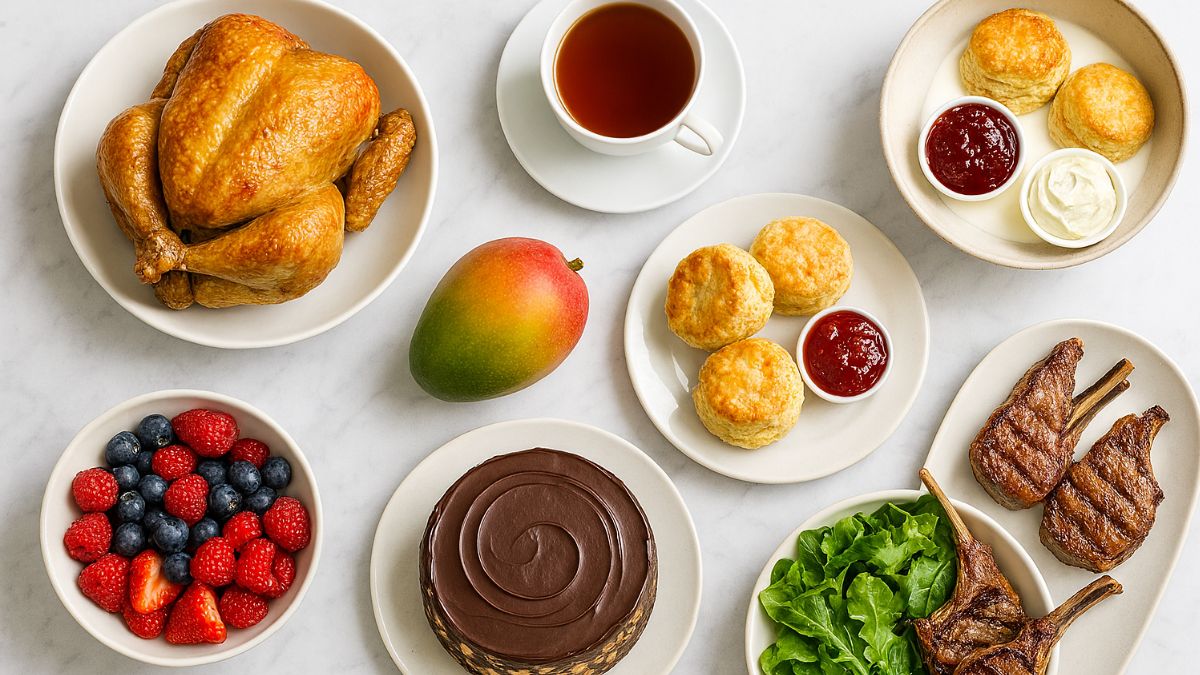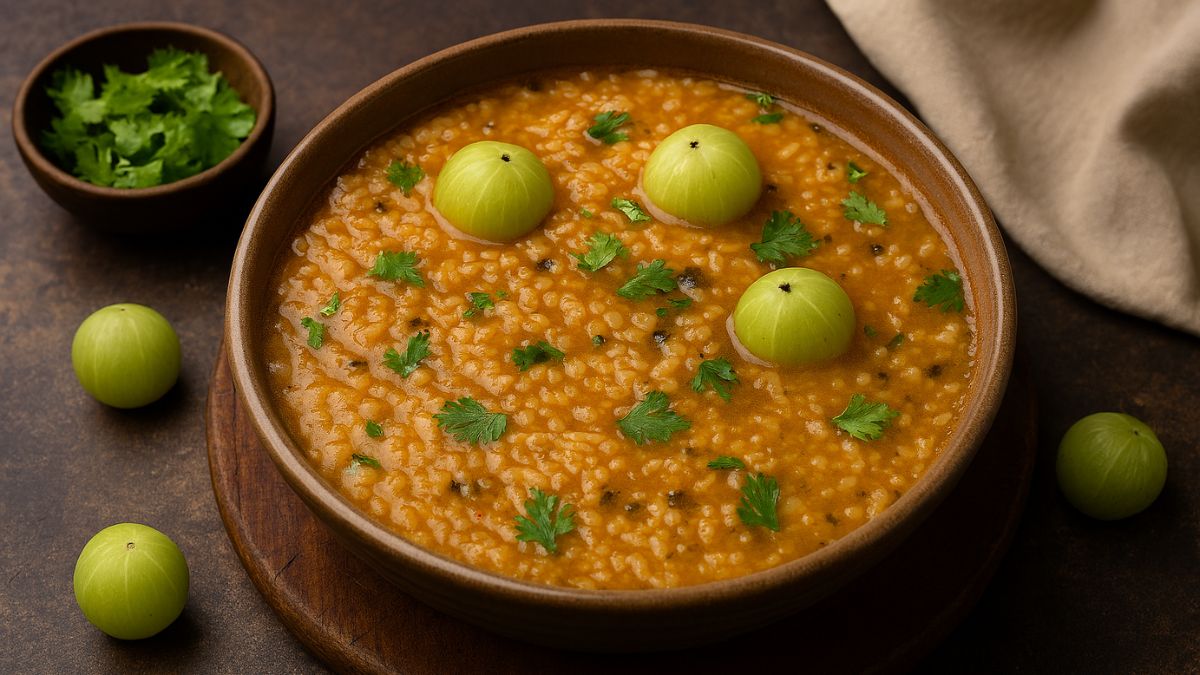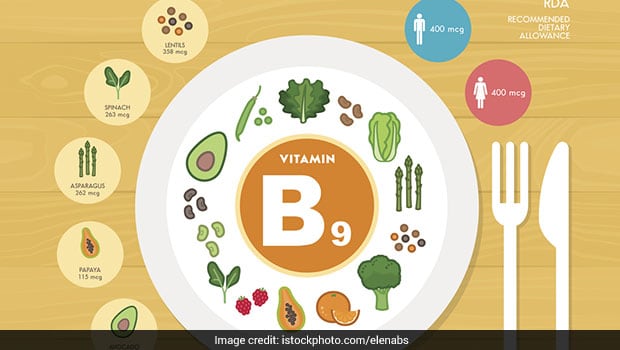Understanding folate
Firstly, folate is a water soluble nutrient and it may get easily excreted out of the system along with the toxins. Therefore, it is important to load up on folate adequately to ensure its proper and optimum absorption. "Folic acid is necessary for cell development and for the metabolism of specific biochemical reactions," mentions a paper published on US National Library of Medicine's website. In simpler words, folate plays a crucial role in red blood cell formation, tissue growth, DNA formation and synthesis and prevention of ailments like heart diseases, birth defects and anemia. Folate deficiency may lead to hair and skin issues, birth defects in the baby, tongue ulcers and anemia among other complications.
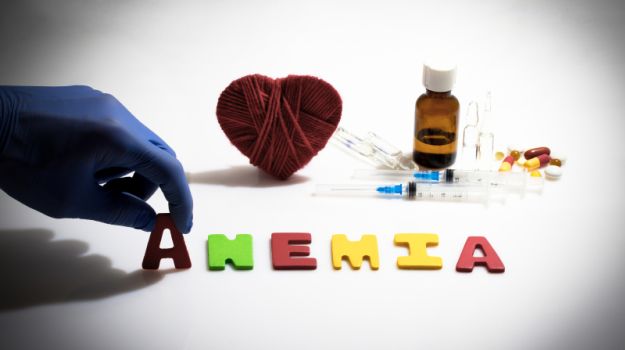
"Although the main reason for adding folic acid to the food supply was to prevent neural tube defects, health experts thought there might be benefits for others besides pregnant women and their children. Folic acid and vitamins B6 and B12 help keep homocysteine in check. Homocysteine is an amino acid that has been associated with heart disease, stroke, dementia, and Alzheimer's disease when found in the blood at high levels," as published in a paper on Harvard Health Publications' website.
The hair connection
"Folate cannot be linked directly to hair health, it is known primary to address neural tube defects," noted Dr. Ritika Sammadar, Department of Diet and Nutrition, Max Healthcare, New Delhi.
According to Dr. Rupali Datta, Chief Clinical Nutritionist, Fortis Escorts, New Delhi, "Folate is one of the essential micronutrients and a significant B vitamin. It works with other vitamins - like vitamin C and b12 - to facilitate various processes including protein breakdown. One of the types of anemia is also triggered due to folate deficiency; this can establish a correlation between folate intake and hair growth and quality, but a minor one."
Nutrients for hair
"Zinc and iron are some of the most important nutrients for hair growth and maintenance," noted Dr. Sammadar. "I would suggest you load up on adequate protein and phosphate to ensure healthy, strong hair," concluded Dr. Rupali. You can get your daily dose of zinc, iron and protein from food items like eggs, beetroot, whole grains, green leafy vegetables, poultry, nuts and seeds, lean meats and fish, lentils and beans among other food items.
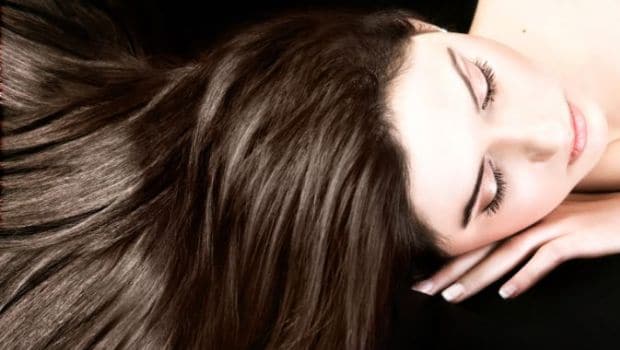
Add green leafy veggies to your diet for healthy, strong hair
Foods for folate
Your folate intake may not have a direct relation with hair growth, but it does assume larger role in ensuring overall health. Adequate folate consumption is one of the most important factors in achieving a healthy pregnancy. Women are usually recommended 400 micrograms of folate every day which goes up to 600 micrograms after the first four months of pregnancy. For breastfeeding mothers, folate intake ranges from 100 mcg to 500mcg.Regular consumption of green leafy vegetables, wholegrains, nuts, beans, peas, lentils and bananas will ensure adequate supply of folate to your body. According to Unites States Department of Agriculture, 1/2 a cup of cooked lentils can provide 180 micrograms of folate. Spinach, black beans and sunflower seeds are next in line as the top sources of folate. Get in touch with a certified nutritionist to inform you more about the role of folate in your diet and how to add it in your routine.
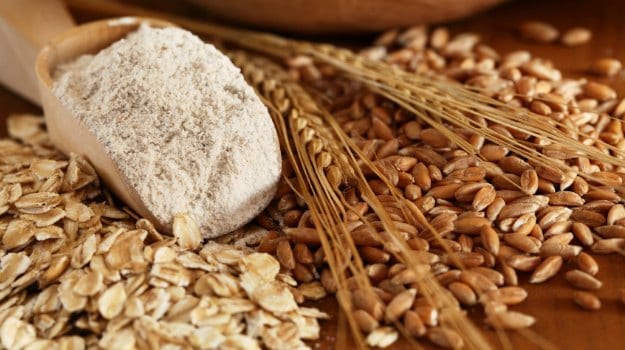
Add whole grains to your diet
Often used interchangeably, folate is a vitamin popularly known as B9 that is found naturally in food items. When the same nutrient is synthesized and added to foods or supplements it is termed as folic acid.
